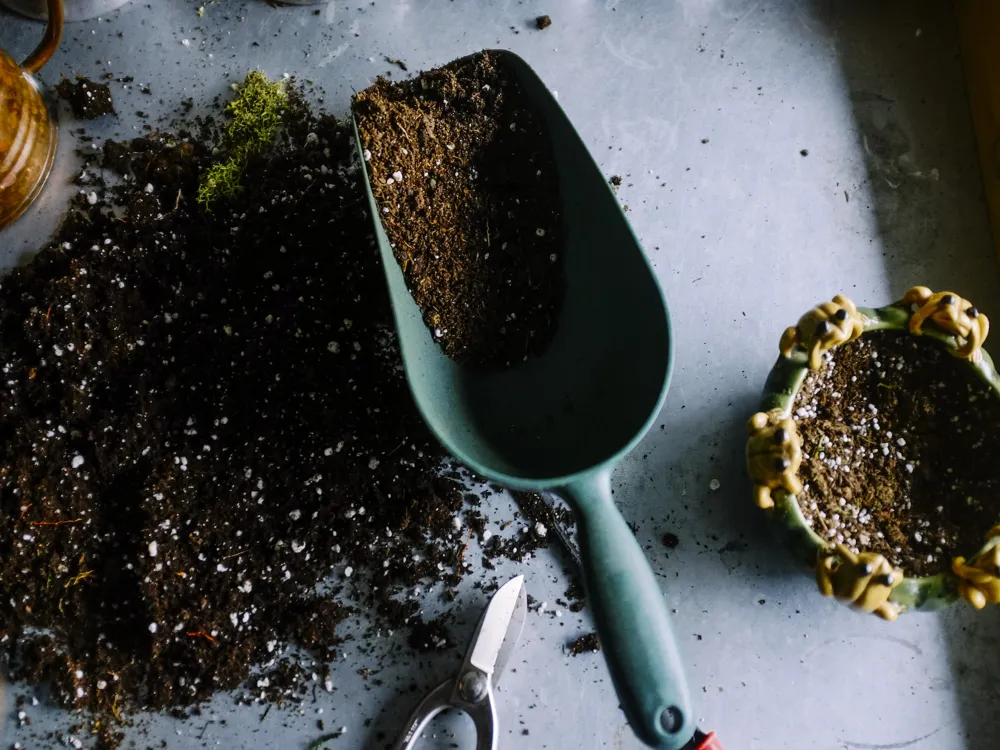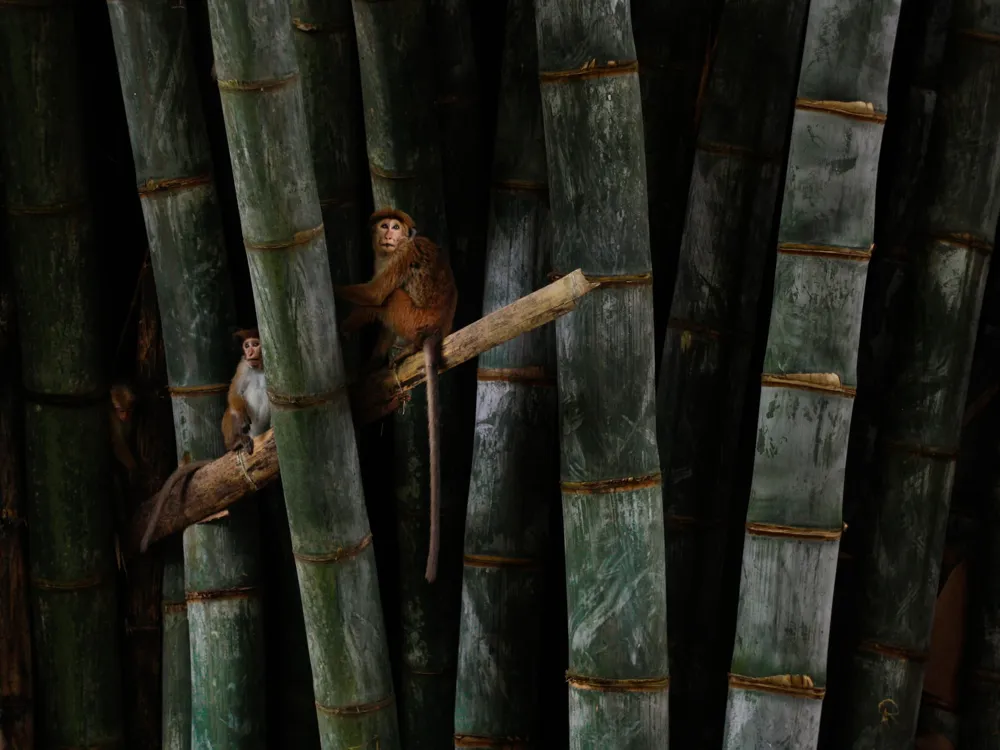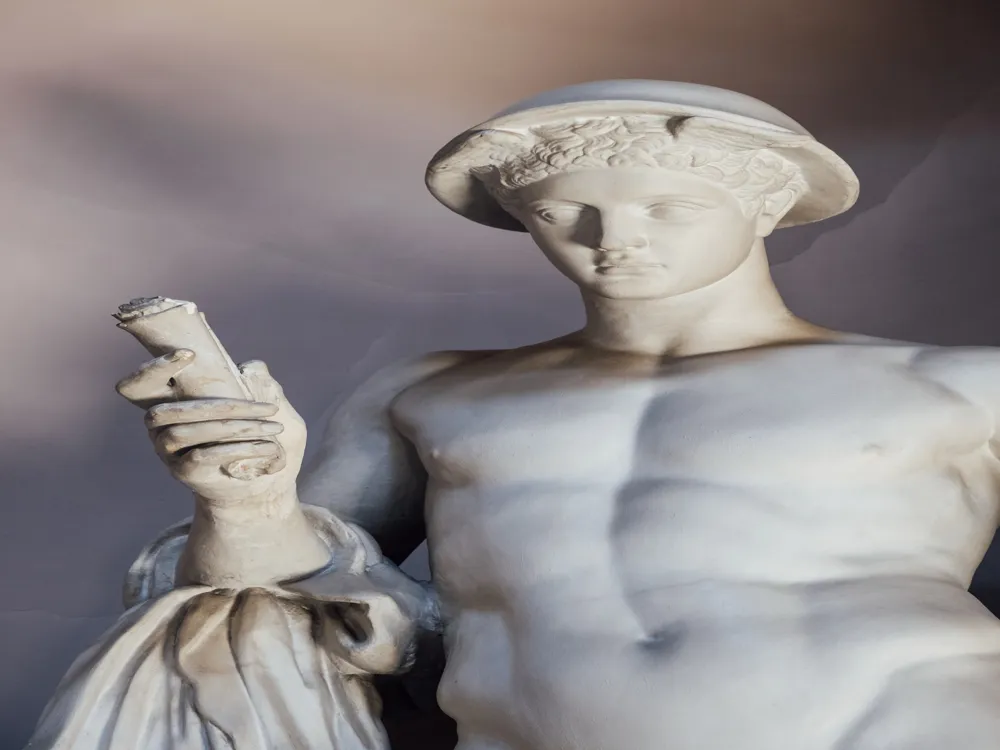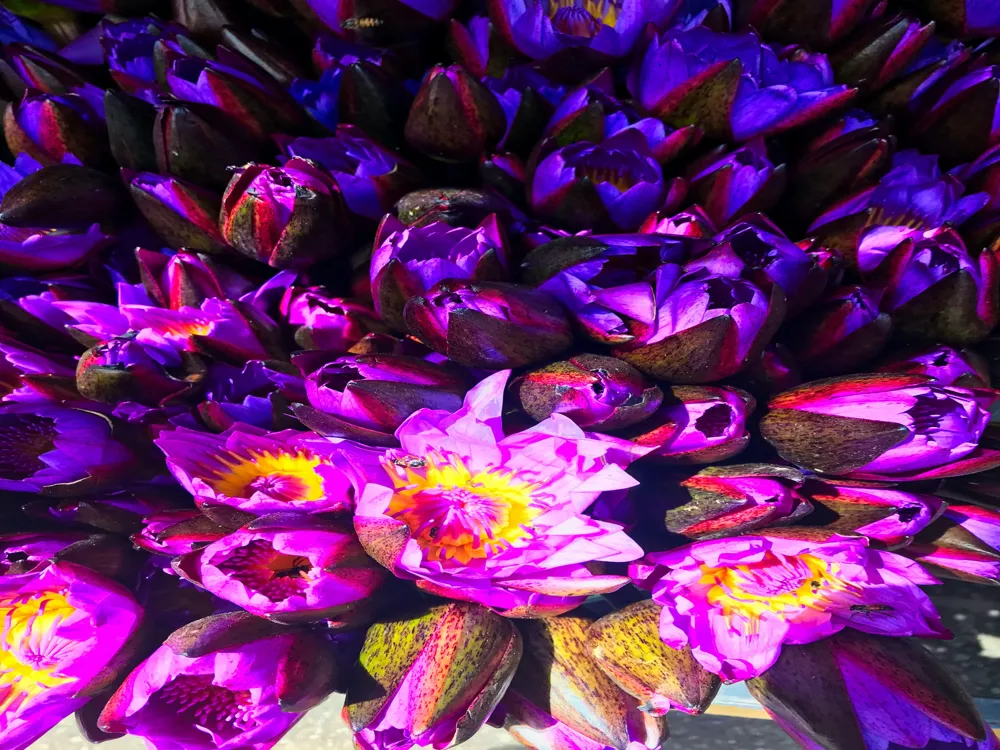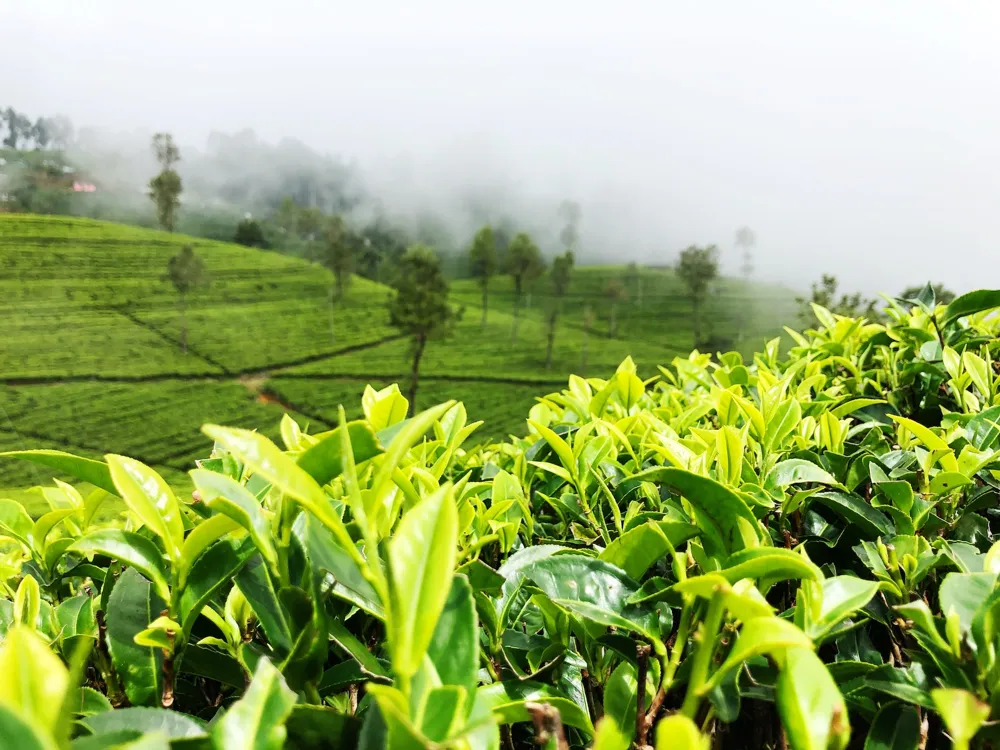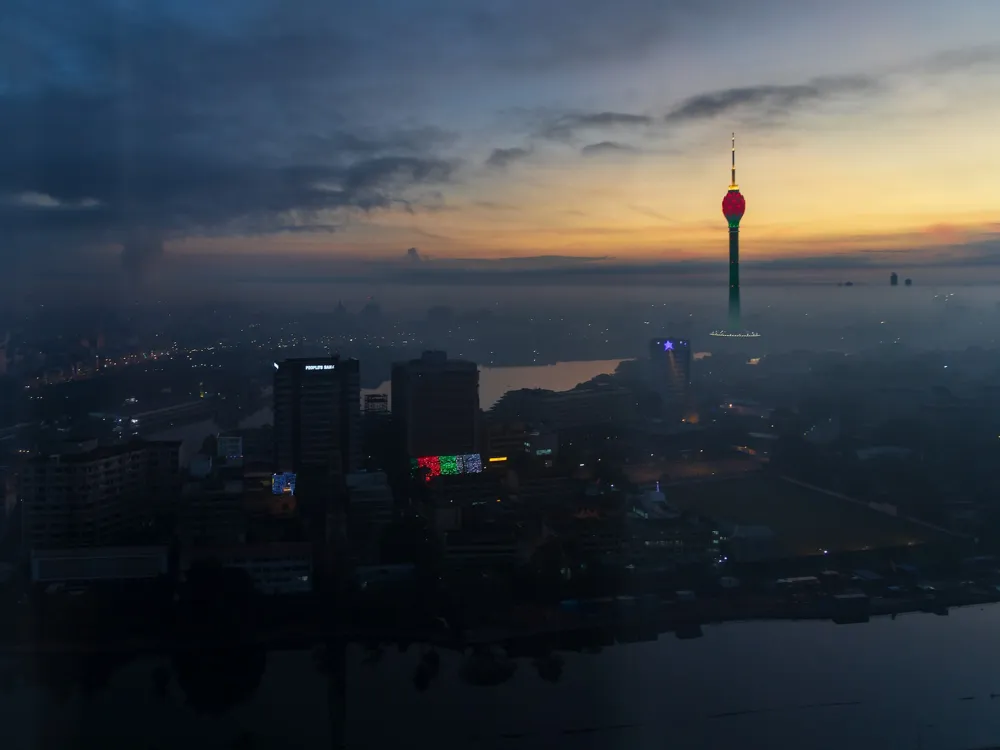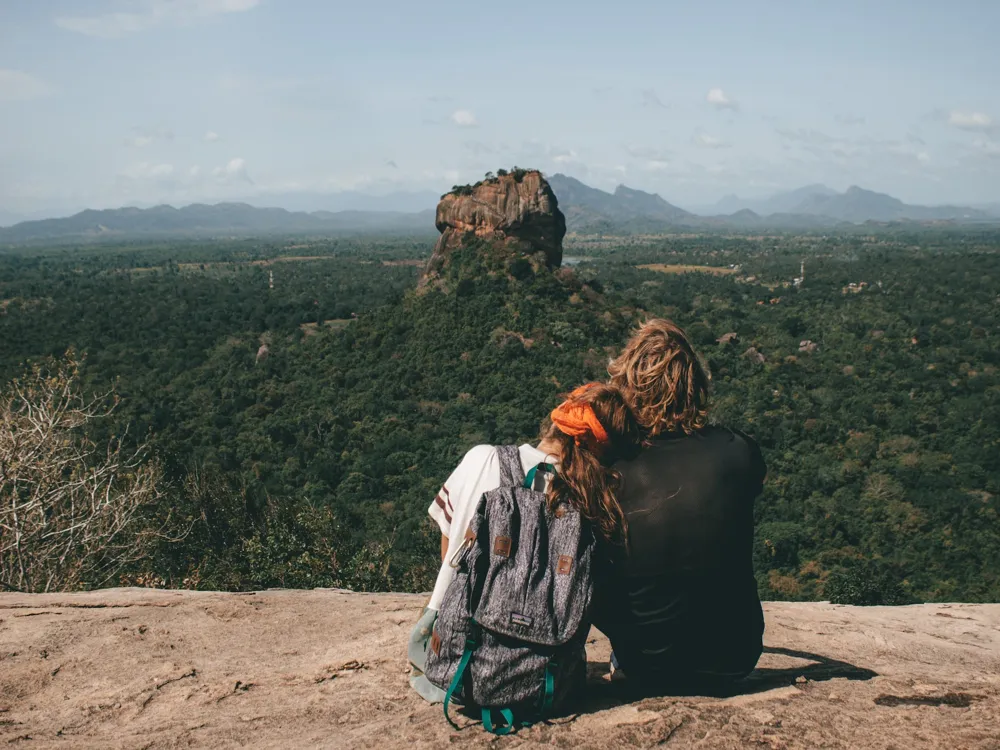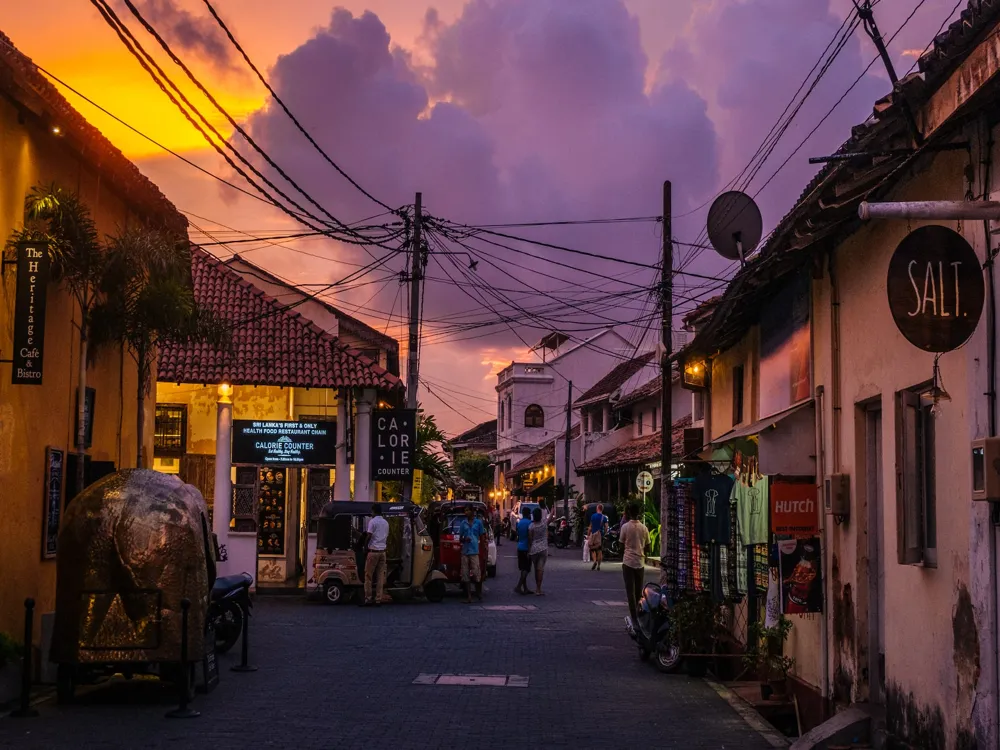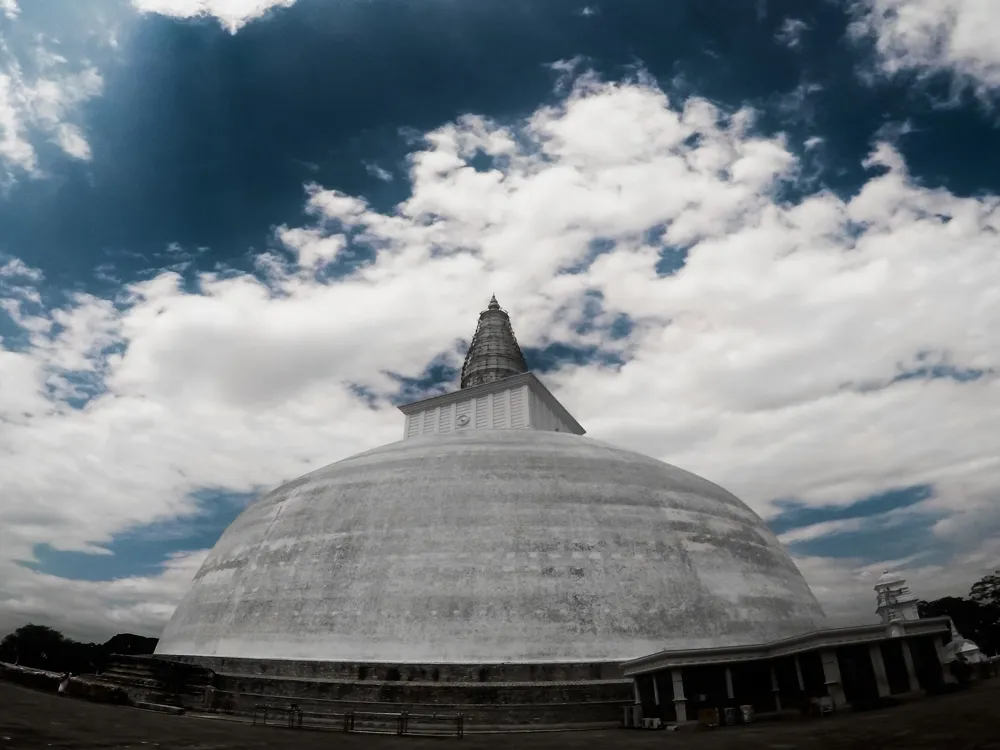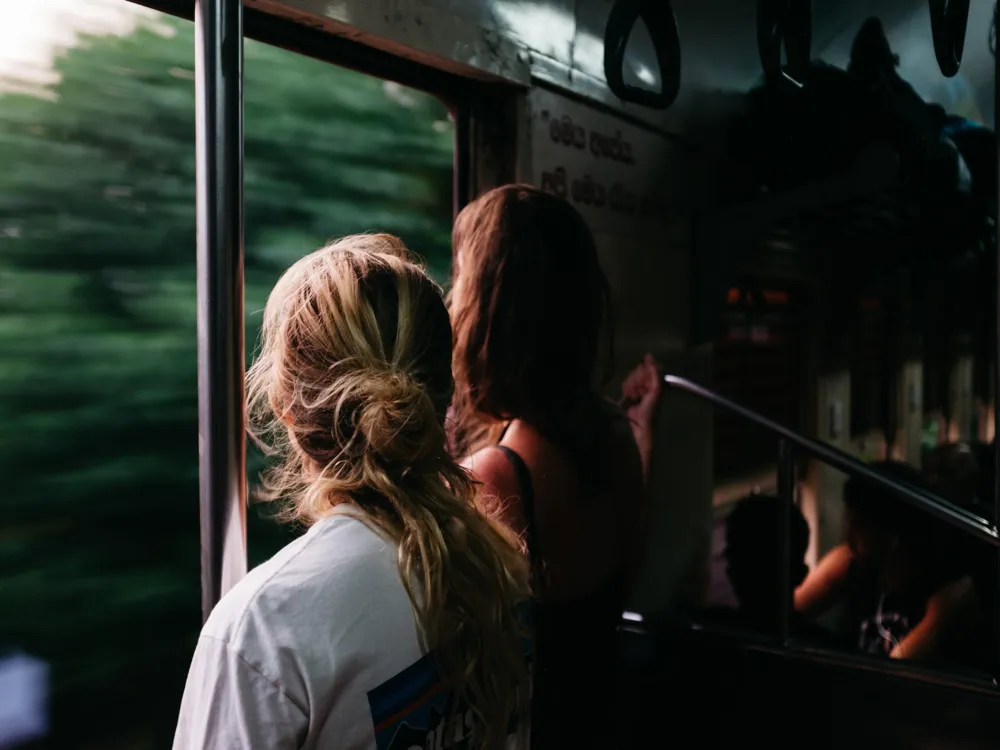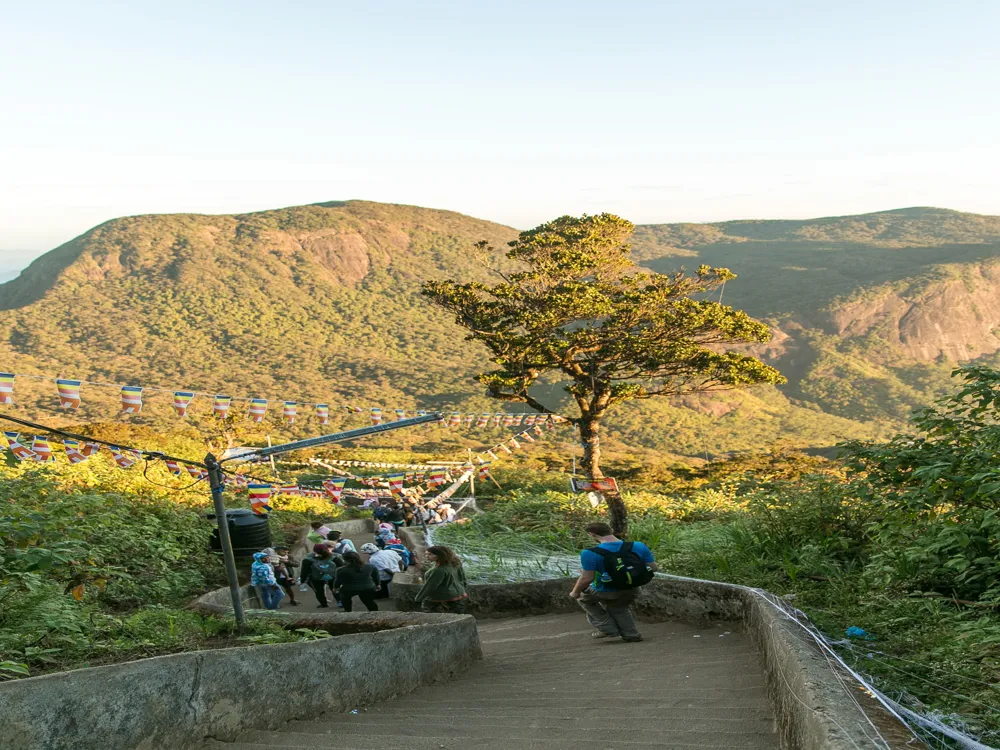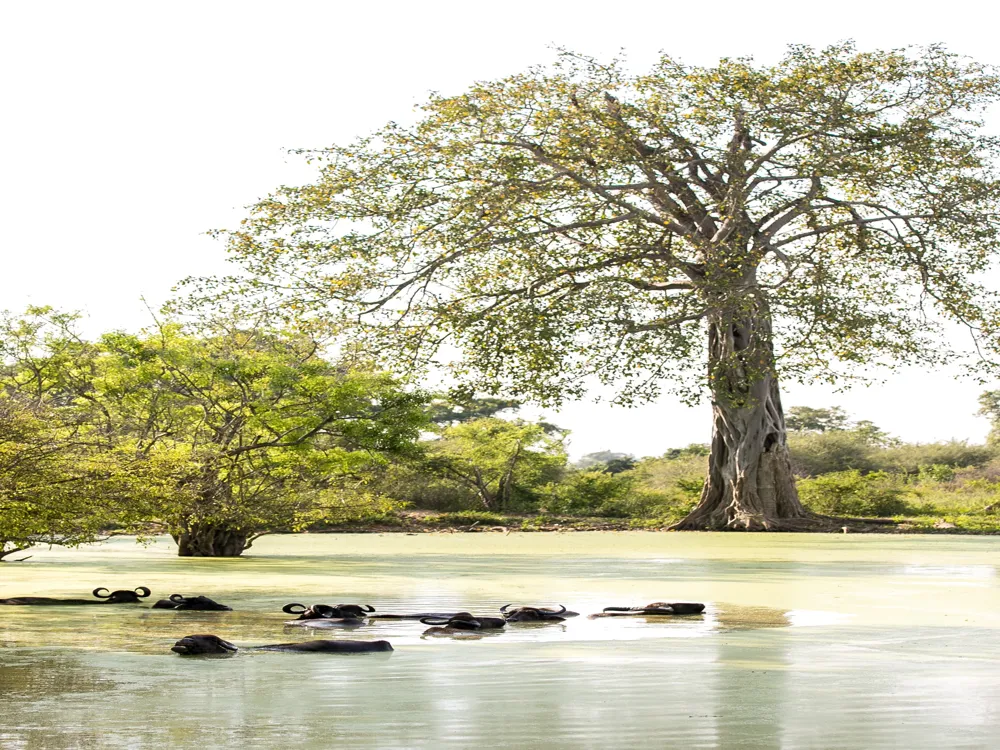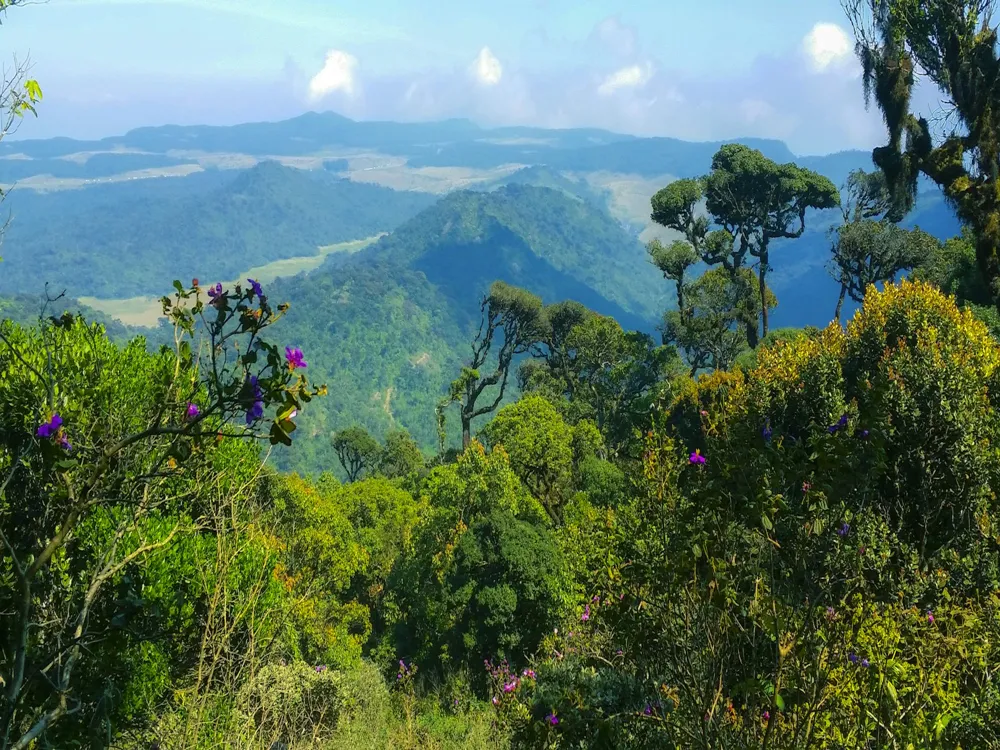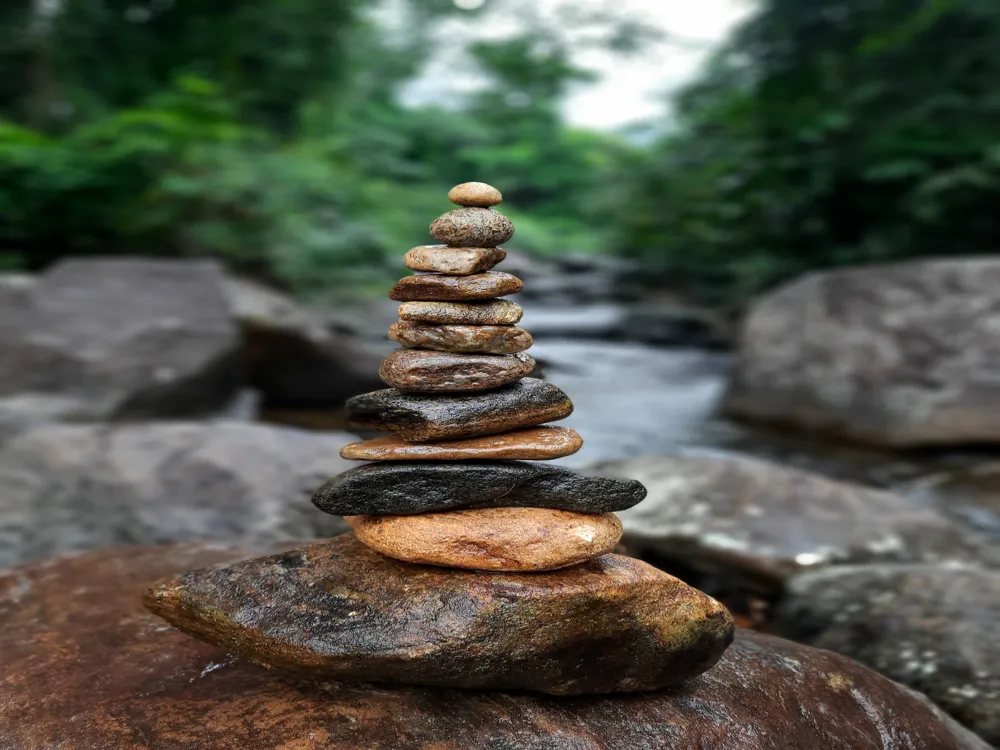The Giragama Tea Plantation, nestled in the heart of Sri Lanka’s hill country, is a shining jewel in Kandy's crown. Spread over rolling hills, this plantation dates back to the British colonial era and is renowned for producing some of the finest Ceylon teas. The plantation's history is rich, with its inception during the time when tea replaced coffee as the primary plantation crop in Sri Lanka. Visitors to Giragama Tea Plantation are greeted with a verdant landscape of tea bushes, interspersed with pathways that meander through the estate. The climate in Kandy, characterized by a mix of sunshine, rainfall, and cool temperatures, creates an ideal environment for tea growing. The plantation practices traditional methods of tea cultivation, where skilled workers handpick the tea leaves ensuring only the best quality goes into each brew. The variety of tea produced at Giragama is vast. From the robust black teas to the delicate white teas, each type is carefully processed in the plantation’s factory. The factory, which is a part of the plantation tour, allows visitors to witness the fascinating process of tea production – from withering, rolling, fermenting, to drying and grading. Each step is a testament to the craftsmanship that has been refined over generations. Giragama Tea Plantation isn’t just about tea; it’s a cultural experience. The workers’ lives, their traditions, and their community are integral to the plantation's story. Visitors often have the opportunity to interact with the workers, gaining insights into their daily lives and the challenges they face. This interaction adds a profound depth to the tea tasting experience, making it more than just a sensory delight. The architecture of Giragama Tea Plantation is a fascinating blend of colonial heritage and functional design. The plantation's main buildings, including the bungalow and the factory, are exemplary of British colonial architecture, with their red-bricked walls, large windows, and gabled roofs. The bungalow, often used as a guest house, retains much of its original charm with antique furnishings and period decor, offering a glimpse into the colonial lifestyle. The factory, the heartbeat of the plantation, stands as a testament to the industrial heritage of tea production. Built in the early 20th century, it combines both form and function. The large, open interior is designed to facilitate the tea processing sequence, with different sections allocated for each stage of production. The use of local materials in its construction, such as wood and brick, not only enhances its aesthetic appeal but also demonstrates a sustainable approach to building. Plan your visit during the drier seasons, typically from December to April, to enjoy clear skies and pleasant temperatures. This is when the tea fields are at their most vibrant. Dress in layers as temperatures may vary. Comfortable, breathable clothing is essential. Don't forget sturdy, closed-toe shoes for walking on uneven terrain during plantation tours. Consider taking a guided tour to gain in-depth knowledge about the tea-making process. Local guides can provide valuable insights, enhancing your overall experience. While photography is usually allowed, be respectful of workers' privacy. Always seek permission before taking close-up shots of individuals, and avoid disrupting daily operations. Engage with the friendly locals respectfully. If you have questions about tea cultivation or the plantation's history, feel free to ask, but be mindful not to interrupt their work. Reaching Giragama Tea Plantation is a journey through the scenic landscapes of Sri Lanka. The plantation is located approximately 12 kilometers from the heart of Kandy, making it easily accessible by various means of transportation. For those preferring public transport, buses and trains run regularly from Kandy to the nearby areas, followed by a short tuk-tuk ride to the plantation. For a more comfortable journey, hiring a taxi or a private vehicle from Kandy is a convenient option. Read More:Overview of Giragama Tea Plantations of Kandy
Architecture of Giragama Tea Plantations
Tips When Visiting Giragama Tea Plantations
Best Time to Visit
What to Wear
Guided Tours
Photography Etiquette
Interacting with Locals
How To Reach Giragama Tea Plantations
Giragama Tea Plantations
Kandy
₹ 13,368 onwards
View kandy Packages
Weather :
Tags : Farms & Plantations
Timings : 8:00 AM - 6:00 PM
Time Required : 1.5 hours
Entry Fee : Free
Planning a Trip? Ask Your Question
Kandy Travel Packages
View All Packages For Kandy
Top Hotel Collections for Kandy

Private Pool

Luxury Hotels

5-Star Hotels

Pet Friendly
Top Hotels Near Kandy
Other Top Ranking Places In Kandy
View All Places To Visit In kandy
View kandy Packages
Weather :
Tags : Farms & Plantations
Timings : 8:00 AM - 6:00 PM
Time Required : 1.5 hours
Entry Fee : Free
Planning a Trip? Ask Your Question
Kandy Travel Packages
View All Packages For Kandy
Top Hotel Collections for Kandy

Private Pool

Luxury Hotels

5-Star Hotels

Pet Friendly






